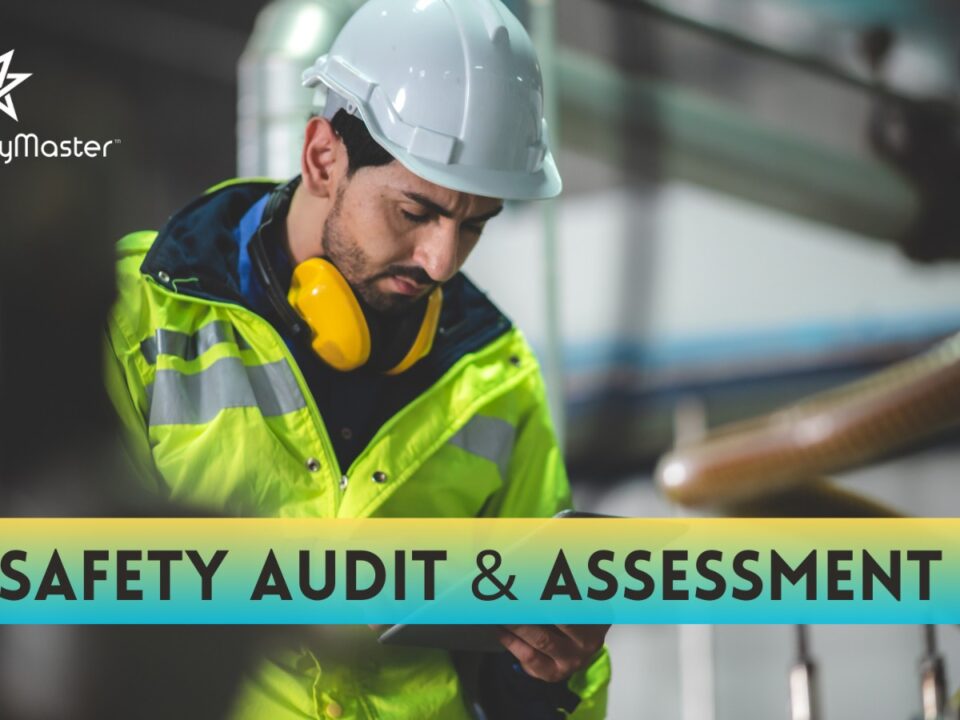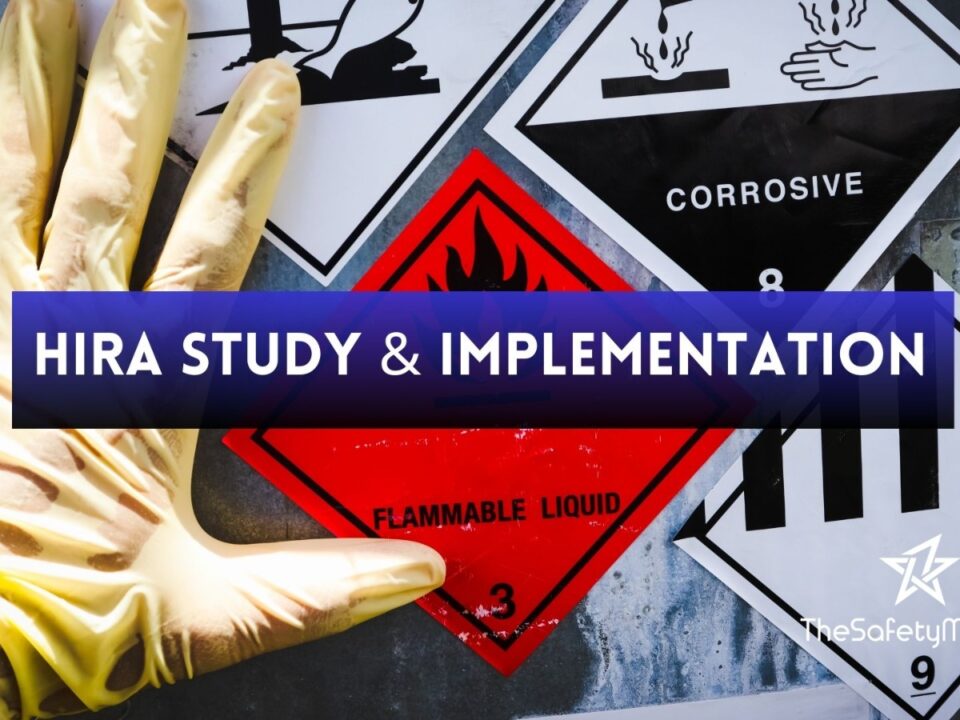ISO45001 or ISO14001 System Implementation – The Safety Master

HAZOP Safety Audit – The Safety Master
March 29, 2024
Bridging Safety Gaps with Technology and AI
April 19, 2024Introduction
Implementing effective safety and environmental management systems is crucial for any organization striving for excellence in workplace safety and sustainability. Two prominent standards, ISO45001 and ISO14001, serve as comprehensive frameworks for achieving these goals. In this article, we’ll delve into the intricacies of ISO45001 and ISO14001 system implementation, highlighting their significance in creating a safer and greener work environment.
Understanding ISO45001 and ISO14001
ISO45001 Overview
ISO45001 is an international standard that specifies requirements for an occupational health and safety management system (OHSMS). It provides a framework for organizations to identify, control, and mitigate risks associated with occupational health and safety hazards.
ISO14001 Overview
ISO14001, on the other hand, focuses on environmental management. It sets out criteria for an environmental management system (EMS), assisting organizations in minimizing their environmental footprint, reducing pollution, and complying with environmental regulations.
Benefits of Implementing ISO45001 and ISO14001
Implementing ISO45001 and ISO14001 offers a myriad of benefits, including:
Safety Improvement
Both standards prioritize the safety and well-being of employees, leading to a reduction in workplace accidents and injuries. By identifying hazards and implementing preventive measures, organizations create a safer working environment for their personnel.
Environmental Impact Reduction
ISO14001 helps organizations manage their environmental responsibilities effectively. By implementing eco-friendly practices and reducing waste generation, companies can minimize their ecological footprint and contribute to sustainability efforts.
Legal Compliance
Adhering to ISO standards ensures compliance with relevant laws and regulations governing occupational health and safety as well as environmental protection. This minimizes the risk of fines, penalties, and legal disputes, enhancing the organization’s reputation and credibility.
Key Differences Between ISO45001 and ISO14001
While both standards share common goals, there are notable differences in their focus, objectives, and implementation processes.
Focus and Scope
ISO45001 primarily addresses occupational health and safety, whereas ISO14001 focuses on environmental management. Organizations must assess their priorities and objectives to determine which standard aligns best with their needs.
Objectives
ISO45001 aims to prevent work-related injuries, illnesses, and fatalities by providing a systematic approach to hazard identification and risk management. ISO14001 aims to minimize the environmental impact of an organization’s activities, products, and services through sustainable practices and pollution prevention.
Implementation Process
The implementation process for ISO45001 involves identifying hazards, assessing risks, and establishing controls to mitigate them. ISO14001 implementation focuses on identifying environmental aspects, setting objectives, and implementing measures to improve environmental performance.
Choosing Between ISO45001 and ISO14001
When deciding between ISO45001 and ISO14001, organizations should consider various factors:
Industry Considerations
Certain industries may have specific regulatory requirements or operational risks that make one standard more suitable than the other. Understanding industry dynamics and challenges is essential in making an informed decision.
Organizational Needs
Organizations must assess their priorities, goals, and resources to determine which standard aligns best with their objectives. A thorough analysis of internal processes and stakeholder expectations can guide decision-making.
Regulatory Requirements
Compliance with legal and regulatory requirements is paramount. Organizations operating in highly regulated industries may need to prioritize one standard over the other to ensure full compliance and mitigate regulatory risks.
Steps to Implement ISO45001 or ISO14001
Implementing ISO standards requires a systematic approach. Here are the key steps involved:
Gap Analysis
Conduct a thorough assessment of existing practices, procedures, and systems to identify gaps and areas for improvement in relation to ISO requirements.
Policy Development
Develop comprehensive policies and procedures that align with ISO standards and reflect the organization’s commitment to safety and environmental responsibility.
Training and Awareness
Provide training and awareness programs to employees at all levels to ensure understanding and compliance with ISO requirements. Engage stakeholders and foster a culture of safety and environmental stewardship.
Monitoring and Continuous Improvement
Continuous monitoring and improvement are integral to maintaining ISO certification and enhancing performance.
Auditing
Regular internal audits help identify non-conformities and areas for improvement. External audits by accredited certification bodies validate compliance and credibility.
Corrective Actions
Implement corrective actions to address identified non-conformities and prevent recurrence. Continuously review and improve processes to enhance effectiveness and efficiency.
Management Review
Regular management reviews ensure the effectiveness of the management system, drive continual improvement, and demonstrate leadership commitment.
Conclusion
In conclusion, implementing ISO45001 or ISO14001 is instrumental in enhancing workplace safety, environmental sustainability, and organizational performance. By embracing these standards, organizations can foster a culture of safety, minimize environmental impact, and achieve compliance with regulatory requirements. Whether prioritizing safety or environmental stewardship, organizations stand to reap numerous benefits from ISO certification.



